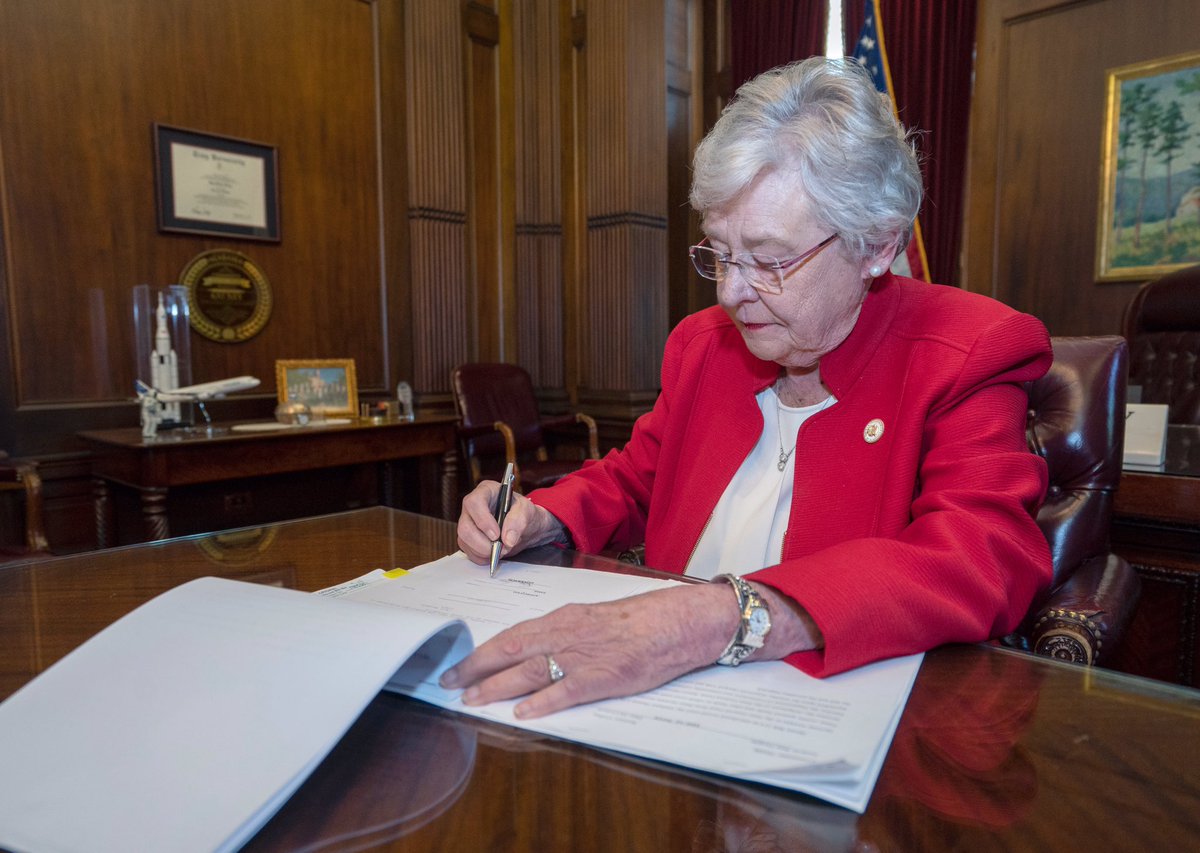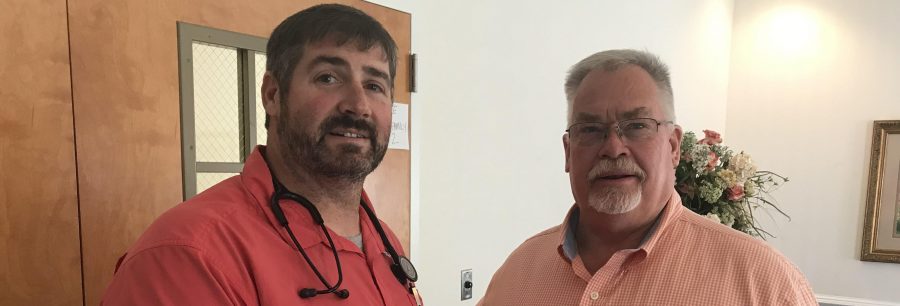Category: Advocacy
-
What if No One was On Call?
2020 Legislative Recap Over the past few months, “unprecedented” has become an oft-used term. Though the outbreak of infectious disease has been seen throughout history, the COVID-19 pandemic halted nearly all aspects of normal life, sparing not even the 2020 Regular Session of the Alabama Legislature. When it was all said and done, only a…
-

Gov. Ivey Provides Physicians Liability Protections from COVID-19
Today, Gov. Ivey issued an executive order protecting physicians, their staff, and their practices from lawsuits related to COVID-19. The governor’s order, the eighth such supplemental emergency order issued by her administration since the pandemic began, provides a “safe harbor” for services affected by COVID-19 or Alabama’s response to the pandemic and from other COVID-19…
-
COVID-19 State Liability Protection Bill to Be Filed
Alabama State Senator Arthur Orr (R-Decatur) is preparing to file a bill today to provide liability protection to physicians, health facilities and businesses from claims arising from COVID-19 and the state’s response to the pandemic. “These are unprecedented times and the Legislature must take swift action to protect physicians and businesses from COVID-19 frivolous lawsuits,”…
-

Senate Committee Keeps MMRC Funding in Reduced 2021 Budget
The Alabama Senate General Fund Committee met and approved a stripped-down 2021 budget that includes funding for the Maternal Mortality Review Committee. MMRC has been a Medical Association priority this session, and we applaud the chairman and committee for funding this much-needed program. Just a few months ago, state leaders were optimistic the general fund…
-

Legislators: Just Apply Heat
Through years of medical school, residency and fellowships, physicians earn not only more knowledge and expertise than any other health professional, they also earn the right and responsibility of leading the health team. It is through physician-led care that we ensure continued quality and safety for patients. But each year, “scope creep” proposals seek to…
-

New Maternal Mortality Statistics Highlight the Need for Alabama to Take Action
Largely due to the slow implementation of a standardized death certificate by states, data on maternal deaths has not been reported on the National Vital Statistics System since 2007. Meaning that, for over a decade, the United States has not recorded an official count of pregnancy-related fatalities, nor an official maternal mortality rate. This year,…
-

Medical Association Convenes “Treatment Hurdles” Work Group
Earlier this week, the Medical Association convened a work group of stakeholders to discuss hurdles and or delays that patients and their physicians face in accessing the tests, treatments and medications the treating physician believes are appropriate. Patient advocacy groups, many of them disease-specific, joined the Association and others in discussing the hurdles patients face…
-

Medical Association and Specialties Begin Work on 2020 Legislative Agenda
Earlier this month, the Medical Association hosted a legislative roundtable with leaders from the various physician specialties. The event included a discussion of the prior legislative session and our past priorities, as well as an open forum for specialty delegates to discuss items and issues important to their physicians. Each legislative session presents new and…
-

ALAPAC-Supported Van Smith Wins Special Election
On Tuesday, Autauga County Commissioner Van Smith won the special election to fill the vacancy in Alabama House District 42 with 88% of the vote. ALAPAC has supported Van since the Primary, with a key reason being the advocacy of area physicians who have known and worked with Mr. Smith for years and who spoke…